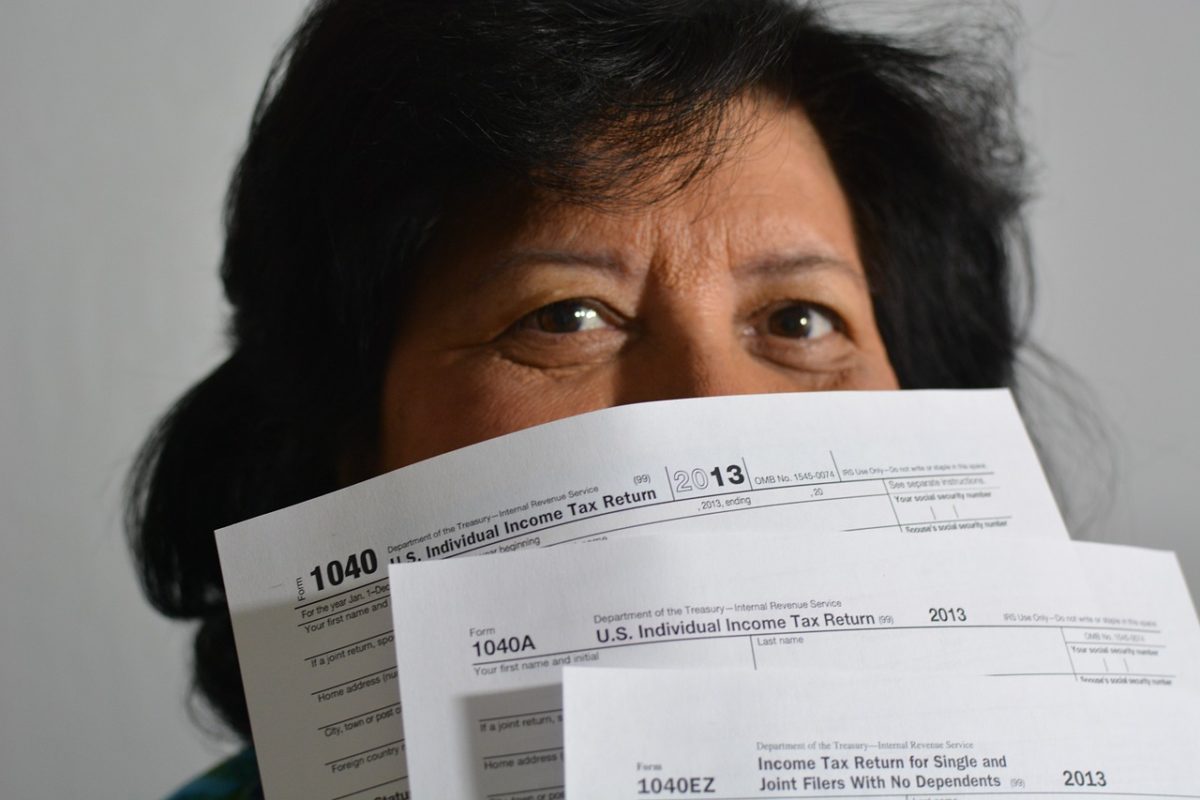People typically look for all the credits to which they’re entitled when they complete their federal income tax return, but overlook tax deductions that they’re able to claim. Tax deductions can actually lower the amount of taxes people owe. An individual’s deductions will depend largely on their tax bracket and if they’re an employee or self-employed.
Tax credits and tax deductions both work to lower tax liability, but they work in different ways to accomplish that goal. Credits are a dollar-for-dollar reduction, while deductions decrease the amount of money that an individual is taxed on. The standard deduction is what most people claim. It’s a flat amount per person in the family. However, individuals can choose to itemize deductions instead, though it can increase the chances of an audit.
Deductions
There are deductions for a wide variety of situations, ranging from those for continuing education and buying a home to being self-employed. Those attending college can deduct the interest on their student loan and the amount of charitable donations up to $300 per person. There’s also a deduction for state and local taxes that are paid and mortgage interest.
For those that gamble, there’s a deduction for gambling losses, along with one for educator expenses. People that contribute to an IRA, 401k or health savings account (HSA) also receive a deduction. Individuals that are self-employed can take a home office deduction and self-employment expenses.
Tax Credits
If an individual can’t take advantage of tax deductions, don’t forget to explore the range of credits that are available. Individuals can receive a tax credit for child and dependent care, adopting a child, lifetime learning, and earned income for the number of children in the family. An energy credit is offered for installing certain energy-efficient items such as furnaces and AC units.
At Peavy and Associates PC our mission is to assist you with all your tax preparations, payroll and accounting needs. We provide our clients with professional, personalized accounting services and guidance in a wide range of financial and business needs. Give us a call today and discover why our clients return to Peavy and Associates, PC year after year!





